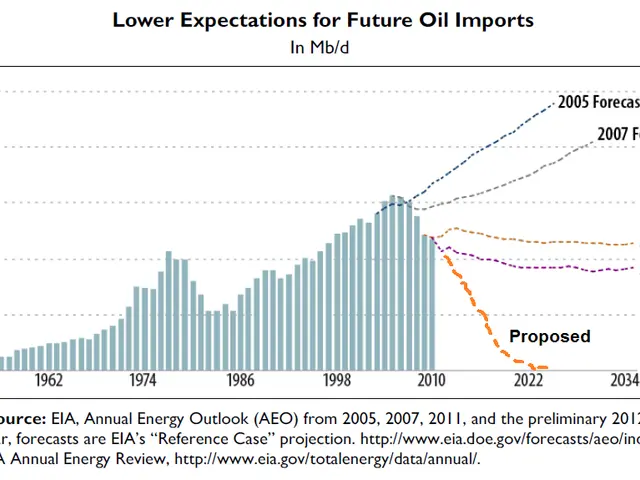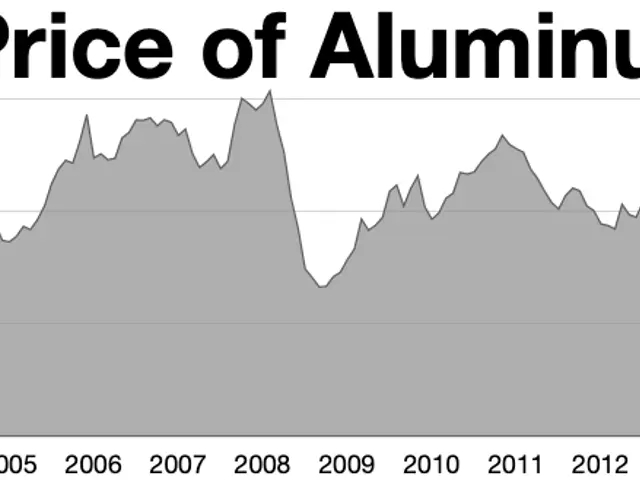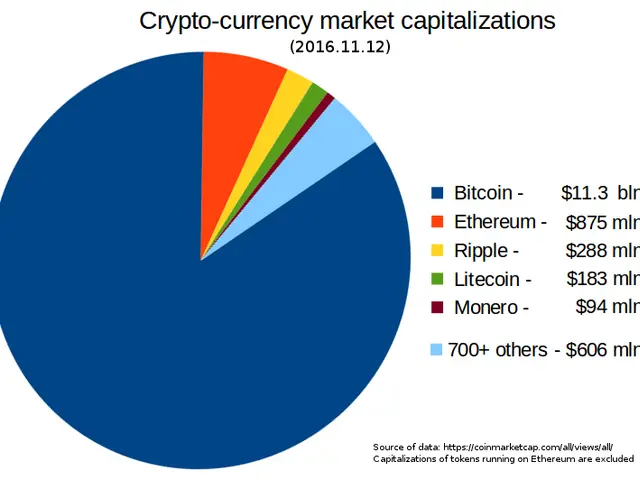Retiring with an existing mortgage: A wise choice or a financial burden?
Older Individuals Pondering Mortgage Options in Retirement
For many, the goal is to pay off their mortgage before retiring, but some find appeal in borrowing later in life for various reasons. These reasons may include desiring to live in a more expensive area, funding home improvements, or transitioning from rental properties into homeownership. Some might even be considering a buy-to-let property as a means to supplement retirement income.
However, securing a mortgage in retirement comes with potential challenges. The primary concern is whether the retiree can afford the interest and repayments, given that they may no longer have a steady income source. Another issue is whether banks will approve the loan after assessing the borrower's age and financial standing.
A recent mystery shopper exercise conducted by the Family Building Society found that older borrowers with non-traditional sources of income, such as pension savings, were being refused mortgages they could afford, even by the big six lenders. This has led to concerns of age discrimination in the lending industry.
Many retirees could find themselves taking on debt during their golden years, posing risks due to increased life expectancy and potential care costs. However, refusing older savers access to mortgages could also be seen as problematic, as these individuals may have more financial security than their working-age counterparts, who might unexpectedly lose their income sources.
The nature of the retiree's income becomes crucial when considering mortgage eligibility. For instance, a state pension or final salary workplace pension can provide a solid retirement income that would normally offset mortgage repayments. However, challenges arise when one spouse dies, leaving the surviving spouse with unchanged mortgage costs and potentially insufficient income to cover the debt.
Defined contribution pensions, the most common options for younger savers, pose greater insecurity as a retirement income source due to their dependence on investment performance. This means retirees could run the risk of outliving their savings, especially if they choose to take out a mortgage that adds to their monthly expenses.
Renting in retirement is not always a preferable alternative, with average mortgage payments currently 20% lower than rental costs, according to Financial Conduct Authority's director of retail banking Emad Aladhal. However, many factors, such as the intended mortgage amount, deposit size, and monthly retirement income, should be carefully considered before making a decision.
In terms of buy-to-let properties, it is generally recommended for younger savers to prioritize their pensions rather than investing in a second home, given pension tax relief benefits and the reduced availability of buy-to-let tax perks that have been phased out in recent years.
Retirees considering a buy-to-let mortgage have similar concerns to those looking for a traditional mortgage, but specialized lending options tailored to retirees may offer more lenient income verification and acceptance of non-traditional income sources. Nonetheless, prospective buyers should brace themselves for potential scrutiny regarding their age and may face challenges in convincing lenders to overlook this factor.
As with any financial decision, the decision to take out a mortgage in retirement depends on an individual's personal circumstances. Retirees should weigh the pros and cons carefully before making such a significant financial commitment.
- Some retirees might consider a buy-to-let property as a means to supplement their retirement income, especially those with substantial pension savings and personal-finance resources.
- In some cases, older borrowers with non-traditional sources of income, such as personal-finance savings or pensions, may be refused mortgages they can afford, leading to concerns of age discrimination in the lending industry.
- For retirees considering a buy-to-let mortgage, it is essential to explore specialized lending options tailored to retirees, as these may offer more lenient income verification and acceptance of non-traditional income sources.






